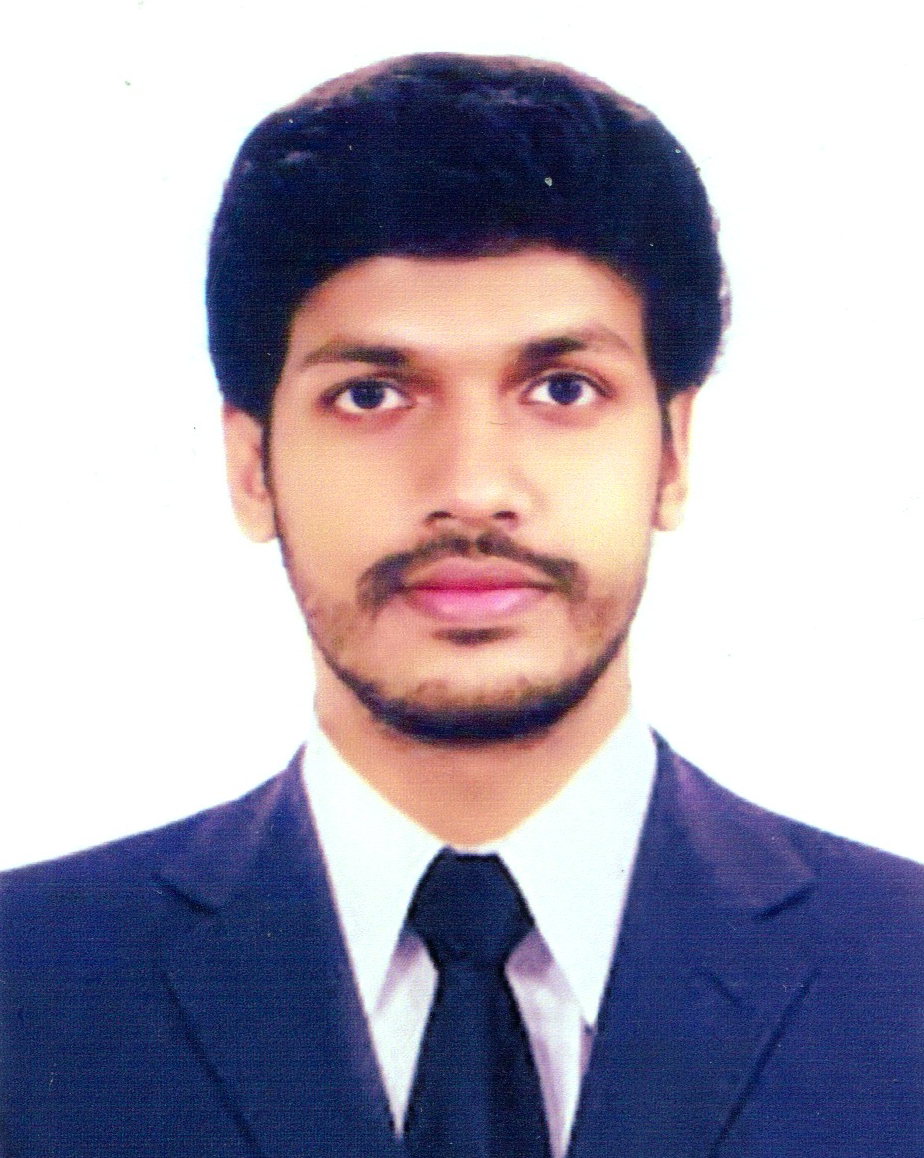
He majored in Mechanical Engineering from Bangladesh University of Engineering and Technology and had his Master in Energy Policy from the University of Sussex, UK, one of the top policy research institutes in the world. He serves as a career bureaucrat in the administration cadre of Bangladesh Civil Service and at present, he is pursuing Ph.D. in Sustainable Energy Penetration and Transition Pathways at the world-renowned University of Southampton, UK. He started his walk of life as an Assistant Secretary in the prestigious civil administrative service of Bangladesh and now he is on study leave (Ph.D.) as a Senior Assistant Secretary to the government. Before that, he was placed in the Ministry of Power, Energy, and Mineral Resources of Bangladesh Government where he was closely associated with the policy formulation and implementation of national power/energy plans and strategies. His current research focus is on the penetration pathways of renewable energy in Bangladesh.
This research analyses the policies required to guide Bangladesh through its sustainable energy infrastructure transformation to support its aspiration of becoming a developed country by 2041. A regression-based simulation model will be developed to exhibit the effects of influencing factors on the transition pathways. Based on the model outcomes, the research will suggest what renewable share in the energy mix should be progressively elevated in accordance with the future escalation in financial affordability and technical advancement of the overall efficiency of suitable renewable systems for the country. This work also aims to support policymakers and energy managers to understand better the dynamic interrelationships between different transition factors and plan the wide-scale implementation of renewable energy systems according to the available resource and fiscal potential of the region.
Being an avid advocate of green energy, he founded the Global Energy Movement which, is a worldwide socio-technical movement that addresses the construction of a worldwide interconnected electrical super-grid entirely based upon renewable resources. Being keen on sustainable energy systems and policy, he holds a wide range of expertise in energy transition modeling, sustainable energy systems and policy, green power plans, feasibility study, energy economics, energy diplomacy, and other energy-related issues. He implemented a number of innovative ideas around Bangladesh targeting sustainability issues including inventing the inexpensive floating latrines among the submerged regions. He also introduced Vetiver Grass plantation to prevent landslides among the hilly terrain of Rohingya camps across Cox’s Bazar of Bangladesh.
